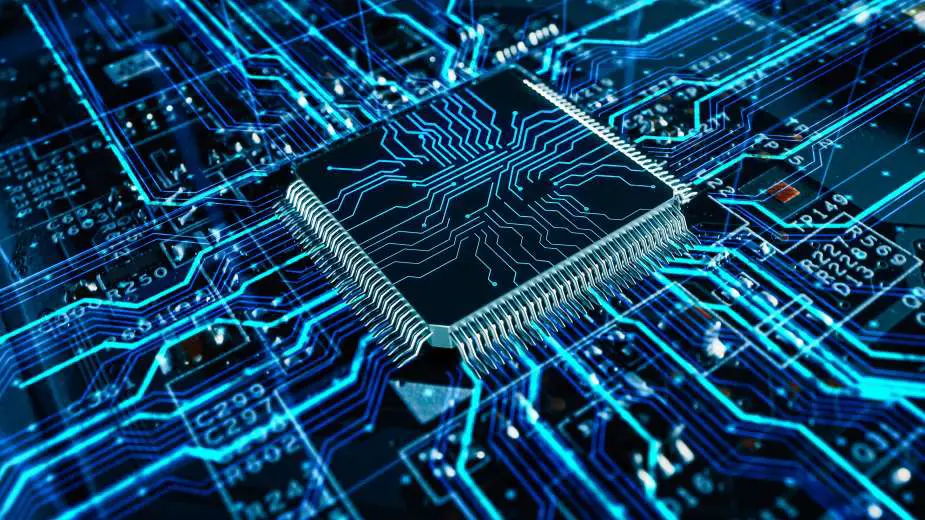European Defence Agency wraps up QuantaQuest Quantum secure communication project
A ground-breaking defence research project exploring the application of quantum technologies in defence in the areas of secure communication and navigation has successfully closed. QuantaQuest – Quantum Secure Communication and Navigation for European Defence - a 28-month EU-funded project under the Preparatory Action on Defence Research (PADR) held its final meeting in December 2023, after delivering on a variety of operational scenarios and developments.
Follow Army Recognition on Google News at this link

QuantaQuest – Quantum Secure Communication and Navigation for European Defence - is a 28-month EU-funded project under the Preparatory Action on Defence Research (PADR) (Picture source: EDA)
Led by Thales (France), the project brought together nine defence companies and research institutes from three Member States – France Italy, and the Netherlands – with a budget of approximately € 1.5 million. The project proposed the development of quantum sensors and communication for defence applications in the following fields:
* Fully autonomous positioning and timing for military platforms;
* Secure communication for Command, Control, Communications, Computers, Intelligence, Surveillance and Reconnaissance (C4ISR);
* network of sensors for synergic connection.
During the final meeting at the European Defence Agency (EDA), QuantaQuest consortium detailed the scenarios and requirements and presented the main technological developments across the three areas highlighted above.
In the positioning and timing part, the project developed an important building block toward a deployable fully quantum inertial measurement unit for fully autonomous positioning and timing. Using cold atoms trapped in a chip and photonic integrated circuit technologies will take the benefits of ultraprecise quantum measurements while reducing its size. This will allow to integrate the technology into future mobile systems to navigate precisely with reduced drift even in global satellite navigation systems denied environments.
In the field of secure communications for C4ISR, the project implemented a free-space quantum key distribution in an urban environment. With this, the photons are sent via free air instead of transferring them via an optical fibre connection. Future systems applying this technology will help in operation to securely transfer the keys for encrypted communication.
Finally, the project developed a quantum interface and evaluated the performances of a quantum synchronisation of two clocks, leading to disruptive improvements concerning the sensors' sensitivity.
QuantaQuest also investigated operational scenarios of the use of the previously mentioned quantum technologies to build the next step roadmap for the military application of quantum technologies. Building on the progress made over the past 28 months, QuantaQuest also kicked off a follow-up project “ADEQUADE - Advanced, Disruptive and Emerging Quantum Technologies for Defence” funded under European Defence Fund (EDF) 2021.
QuantaQuest and PADR
QuantaQuest project is funded under the Preparatory Action for Defence Research (PADR) call on the topic “Future Disruptive Defence Technologies – Emerging Game-changers”, subtopic “Quantum Technologies for defence applications”.
PADR was launched by the European Commission in 2017 to assess and demonstrate the added value of EU-supported defence research and technology (R&T). It paved the way for a proper European Defence Programme to come as part of the European Defence Fund (EDF), under the EU’s Multiannual Financial Framework (2021-2027).
The PADR implementation is run by EDA following the mandate via a Delegation Agreement between the European Commission and EDA signed on 31 May 2017. Under this agreement, the Commission entrusts EDA with the management and implementation of the research projects launched within the PADR.
Defense News January 2024
























